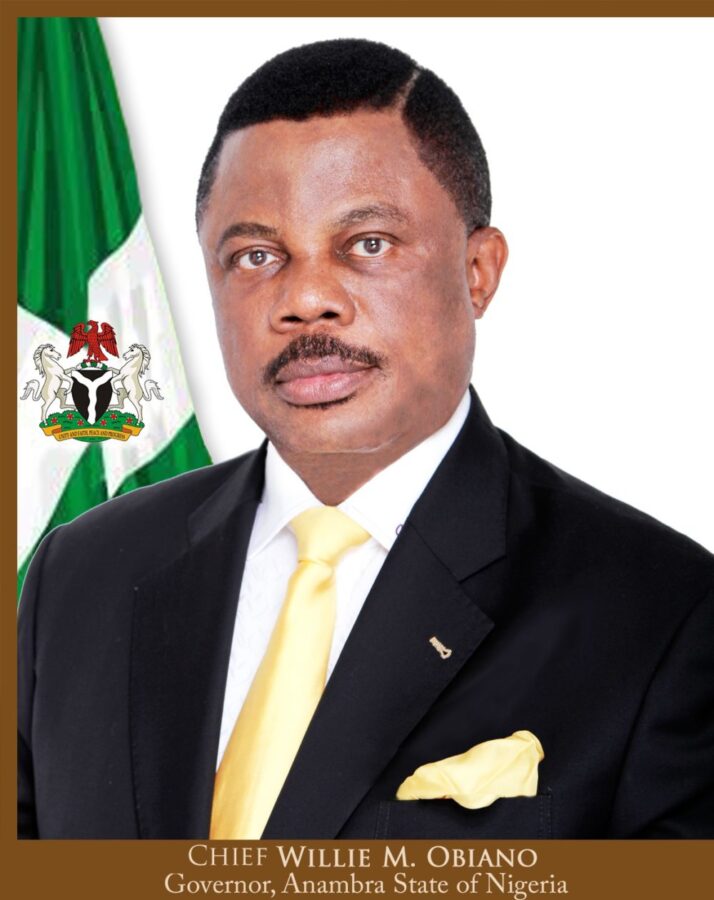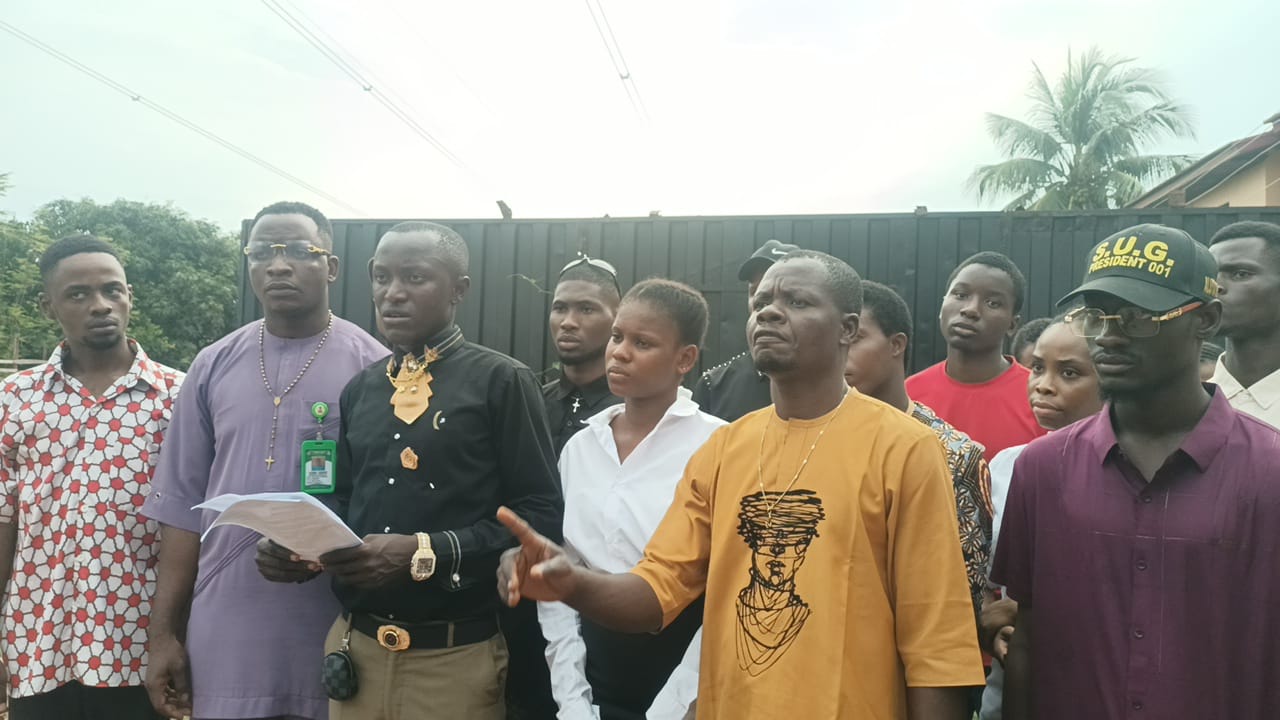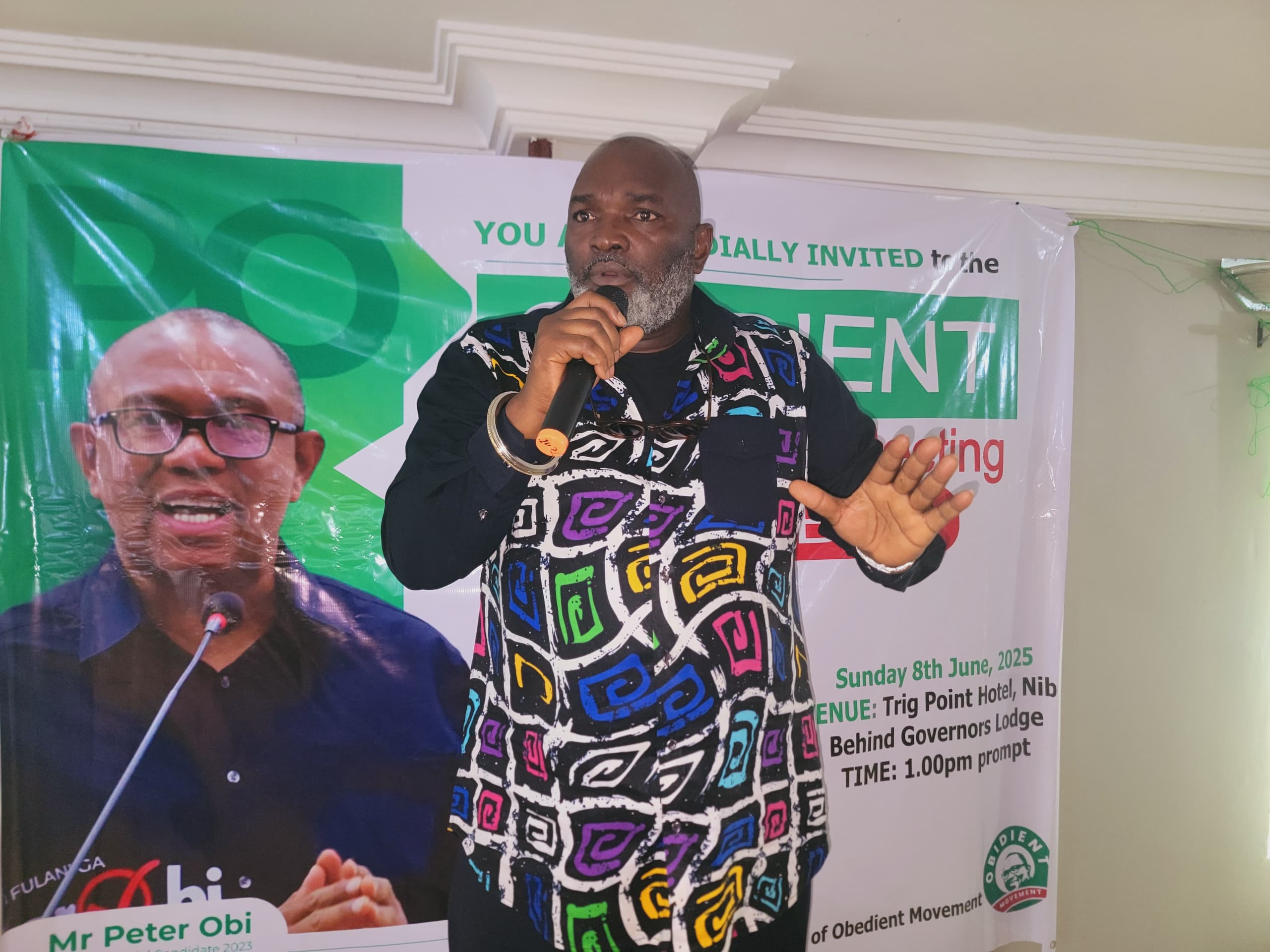Alfred Ajayi
As political activities ramp up across Anambra State ahead of the November 2025 gubernatorial election, the atmosphere is charged with anticipation, strategy, and competing visions. Having unveiled their candidates, political parties taking part in the election are from today at liberty to openly campaign for votes for their candidates. Political players are excited for various reasons – some for the opportunity to sell their candidates to the citizens and others because campaign session often offers opportunity for sudden enrichment.
Yet, beneath the excitement lies a sobering question: will this election cycle mark a true turning point for democracy in the state or yet another chapter in voter apathy. With the Independent National Electoral Commission (INEC) officially lifting the embargo on campaigns, all eyes are now on the leading contenders vying to succeed Governor Charles Soludo.
The stakes are high, not just for political parties, but for the over six million residents whose lives and livelihoods hinge on the policies and leadership style of the next administration.
If there is one lesson from past elections, it is that personality politics and mudslinging serve neither the electorate nor the democratic process. As campaigns kick off, there is an urgent need for all political actors to embrace issues-based campaigning.
Anambra residents are not interested in parochial issues, political vendettas, or empty grandstanding. They rather eagerly wait to listen to concrete plans to address the state’s most pressing challenges including insecurity and unemployment even as they crave greater access to quality education for every citizen, sustained attention on road infrastructure and healthcare delivery system.
For instance, incidence of kidnapping, cultism, and political violence in parts of the state has left many communities anxious. Campaigns should focus on strategic plans for strengthening security, community policing, and tackling root causes of youth involvement in crime.
Equally, the economic climate especially for small business owners, traders, and farmers also demands serious attention. Candidates must outline clear blueprints for improving ease of doing business, providing access to credit, and creating jobs.
The electorate deserves to hear specifics, not slogans. What is your plan for sustaining digital innovation hubs? How will you improve access to primary healthcare in rural areas? What are your priorities for public school reform? These are the questions candidates should answer – not just on television debates, but in the marketplaces, schools, churches, and town halls across the state.
Call for a peaceful process
Already, there are fears of potential flashpoints as rival party supporters clash during rallies or online spats escalate into physical confrontations. Political violence has marred elections in Anambra in the past, often leading to loss of lives and property. As the campaigns for the 2025 governorship election heat up, all stakeholders must eschew violence.
Political parties must rein in their supporters while security agencies are on red alert must remain neutral, proactive, and professional. Civil society organizations, traditional rulers, and faith-based institutions also have a role to play in promoting dialogue, tolerance, and peace.
The only way democracy can thrive is through non-violent engagement. As former President Goodluck Jonathan opined, “No ambition is worth the blood of any citizen”. Candidates must lead by example, publicly condemning violence and committing to peaceful conduct during the campaign period and throughout the election session.
From Apathy to Action
Perhaps the biggest concern going into the 2025 election is the specter of voter apathy. In the 2021 Anambra gubernatorial election, only about 10% of registered voters turned out to vote. This is the lowest in Nigeria’s electoral history. Low voter turnout weakens legitimacy of government elected and limits civic engagement.
To reverse this trend, INEC, civil society groups, and the media must intensify voter education efforts. Citizens need to understand that governance begins with participation. When people stay home on election day, they forfeit their voice and leave their future in the hands of others.
Special attention must be paid to women, youths, and persons with disabilities (PWDs). These groups constitute a significant portion of the population but are often marginalized during elections. Women face cultural barriers, safety concerns, and lack of access to political power. Youths are disillusioned by years of neglect while PWDs encounter logistical and structural obstacles at polling units. Consequently, they decide to stay clear of the process.
Campaigns and electoral processes must be inclusive and accessible. This includes providing sign language interpreters at debates, ensuring polling units are accessible to wheelchair users, and creating platforms for youth-led town halls. Political parties should also demonstrate commitment by fielding women and PWDs as and campaign spokespersons and members of campaign committees.
The power of the people
Ultimately, the success of the 2025 Anambra gubernatorial election will depend on the will of the people. Beyond party loyalties, religious and other sentiments, voters must assess candidates on merit, track record, and vision. Democracy is not a spectator sport. It requires vigilance, engagement, and courage.
As campaigns unfold, citizens must ask hard and probing questions as well as demand accountability. They must insist on transparency. Above all, on the election day, they must show up not for the politician, but for themselves, their children, and the future of Anambra.
This election offers Anambra an opportunity to rewrite the negative history of political participation. It should mark the beginning of a political culture rooted in integrity, participation, and peace. Let it be sounded loud and clear that democratic power ultimately belongs to the people – and when they speak with one voice, they can shape their destiny.
As Anambra journeys toward another crucial election, it is time for reflection and renewal. Campaigns should be a battle of ideas, not intimidation. The goal should be service, not self-interest. Political ambition must not come at the expense of the people’s peace or progress.
This is more than a race for government house. It is a referendum on the soul of the state. Will Anambra rise above apathy and violence to set a new standard for participatory democracy? The answer lies in the choices made by the people and the courage of those who dare to dream of a better tomorrow.





